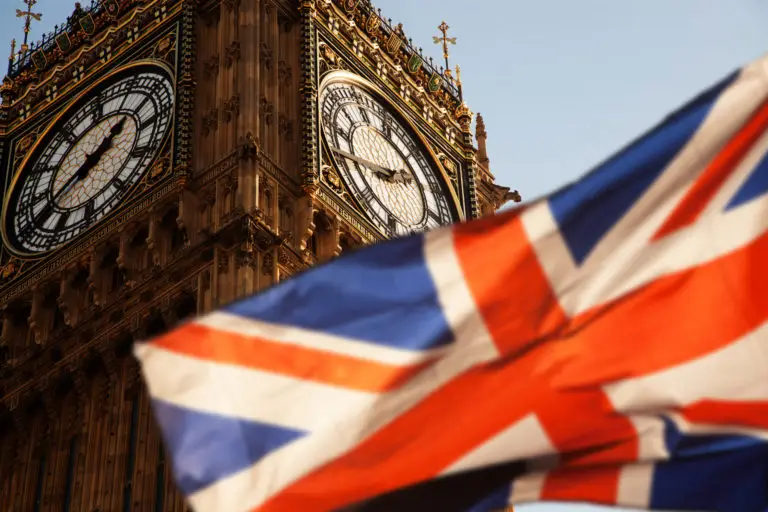Rishi Sunak has amassed and cultivated an influencer-style social media following that has seen him consistently be one of the most popular Cabinet Ministers throughout the pandemic. His rise to notoriety is no accident, but a carefully built plan to make Sunak stand out from his colleagues and reach a different kind of voter.
The driving force behind the Chancellor’s new image is Treasury Special Adviser, Cass Horowitz. Appointed by Dominic Cummings in April 2020, he has been tasked with transforming Rishi’s public image among young, digital-friendly voters, mostly through social media posts with fancy infographics, creative videos and catchy taglines and slogans such as ‘Eat out to Help Out’. His messages are fun, creative and engaging, showing that Sunak is certainly trying, and for some winning over, an audience of the politically disengaged. He is diverging from traditional tactics for a senior member of Government to announce serious policies, doing it with appealing graphics and even starting his own YouTube channel.
The infamous Sunak signature, which he has taken to adding to every infographic and video shows his ambitions to be the next Prime Minister, is made to feel more personal and down to earth. You will find pictures of him on Instagram working in a hoodie, which garnered nearly 17,000 likes and has even created his own personalised hoodies to promote his ‘Kickstart Scheme’ where both him and his team were sporting ‘Brand Rishi’.
He is an easy branding opportunity, he is young and polished, and has subsequently created a brand for himself as a modern leader. Others in the Cabinet can appear stressed, frantic, and unappealing, whereas Sunak looks effortless and sleek, able to project his image amongst voters.
It has helped affirm Sunak’s appearance as a bright-eyed, young, independent, and responsible politician who is cool-headed and responsible under pressure. This has paid off throughout the pandemic, where Ministers’ reputations have been consistently challenged, and he is often touted the favourite to be the next PM. This branding creates a space for Sunak to be a standalone entity, both part of and yet also somehow disconnected from the Government, and succeed in the public eye. This is not quite what the PM would have envisaged when he sought to regain control of Treasury functions through creating the Joint Economic Unit with No.10, a move that pushed out the short-lived former Chancellor, Sajid Javid. Sunak’s ambitions and popularity can be perceived by others in the Cabinet as a threat to their success, although the Chancellor’s longevity will depend on actions and intelligent, long-term financial decisions, not on his Instagram presence.
Looking ahead, Sunak’s tenure as the most popular Chancellor since Gordon Brown, who also felt the highs and lows of his role, does not necessarily mean he always will be well liked. Public perception can change quickly, and as Brown can attest, navigating through the aftermath of a financial crisis is not a nice place to be. Sunak has had a high-flying year of success and commendation from both sides of the bench through standing by the highly successful furlough scheme and throwing billions of pounds into the economy.
However, he is powerless over the recovery stage of the pandemic, relying more on consumer confidence and spending above anything else and he may start to lose his influencer touch if he does not instil trust in the public and incentivise spending.
Next week’s Budget will be crucial for both the Chancellor, his future in the role as well as for the country. This pandemic will have to be paid for somehow, likely through tax rises and cuts in public spending, and this will make the Chancellor a more unpopular figure both with some of his backbench MPs and the public. He has been able to deliver record level borrowing and support throughout his role in No.11, but the purse strings will need to be tightened somehow, and fast. Hikes in corporation tax seem likely whilst a freeze on fuel duty and maintaining the £20 uplift in Universal Credit are also set to be included.
Will ‘brand Rishi’ be able to sustain the potential unpopularity this will bring? That will be one of the longer-term trends to look out for following his Budget statement next week.




